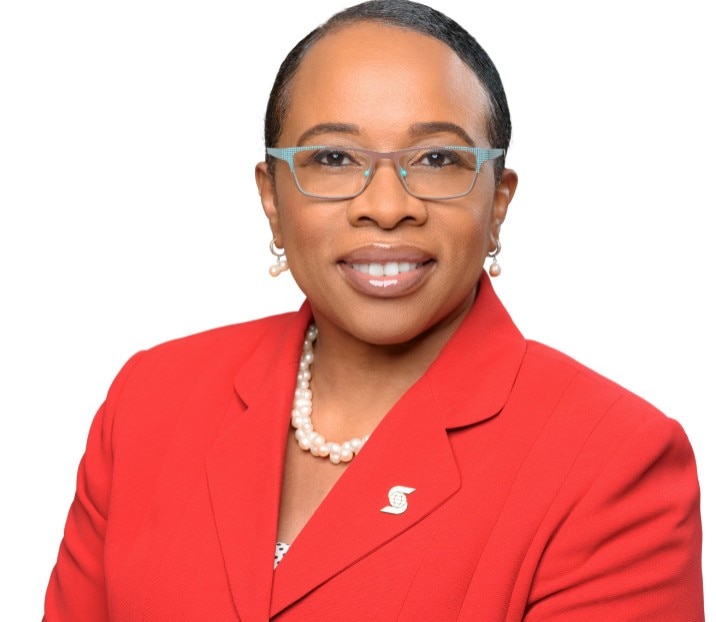Tips On Rebuilding Your Emergency Fund

Yvett Anderson - District Vice President for Retail Banking
Across the globe, the financial impact of the COVID-19 pandemic has had a major impact on the lives and livelihoods of many persons and households. For those who have lost income, it’s likely that the impact has been even greater and there are many who are still struggling with the depletion of their emergency funds as they continue to grapple with the harsh realities presented by the virus.
According to Scotiabank’s District Vice President for Retail Banking, Yvett Anderson, wherever possible, “now is the time to rebuild.” She however advises that the size of your emergency fund will vary depending on your lifestyle, monthly expenses, income, and dependents.
Prior to COVID- 19, the general recommendation was to have three to six months' worth of expenses saved for emergencies. However, in the current climate, Anderson advises customers that their goal should now be for at least 6 months, as the pandemic continues to create disruption in the job market.
Although this may seem like an impossible feat, for those who remain employed, she recommended the following steps that can help to achieve this goal.
- Set a goal
To start, set a goal for how much you need in your emergency savings fund. To do this, you need to know your monthly expenses. While the long term goal is 6 months’ worth of expenses, any emergency fund is better than none at all.
- Adjust your budget
Take a look at your current spending habits and budget allocations, and do some retooling to focus on savings. Reduce some of your other expenses where possible to make space for your emergency savings. Whether it takes a few months, a year or more depends on your overall goal and how much room you can find in your budget.
- Designate a special account for saving
It’s a good idea to also establish a specially designated account in which you will accumulate your savings. During each pay period, make deposits to this account by consistently transferring funds. Ideally, that account should not be linked to a debit card. You can also front load this account using any bonus payments or one off income such as an NHT refund. “ One valuable piece of advice I like to share is “don’t give up”; even if you miss a month or pay period don’t give up keep going,” says Anderson.
- Pause other financial goals
Plans for a new car or a home renovation may need to be put on hold to ensure that you have funds available for unforeseen expenses. These saving goals can be resumed as soon as you have recouped enough funds.There are also additional measures that may also be considered.
“Personal finances are exactly as the name suggests – very personal and may vary tremendously based on an individual’s needs,” Anderson said.
- Sell items you no longer need.
Perhaps there are things that you don’t really use; an extra television, unused electronics. Now is the time to consider posting them for sale. You can use the extra cash gained to help rebuild your emergency fund.
- Find a way to earn more
For many, COVID-19 has allowed us to discover talents and skills that we never knew that we had. “Look at how you can monetize your hobbies. Don’t be afraid to put yourself out there. Again, this is the time to try things that we may have never considered doing before,” says Anderson.
- Get Advice
At Scotiabank, we have been encouraging our customers to contact us so that they can benefit from the counsel and expertise of our financial advisors. “Seek out advice, particularly if you are worried about your ability to meet existing debt commitments,” she points out. A financial expert may be able to offer you a creative solution for growing your savings that was not previously considered.
“As a financial institution, Scotiabank is committed to being flexible and responsive to the needs of our customers during this very difficult period. We have been going the extra mile to help our customers weather the storm and we want to ensure that they can emerge even stronger after the pandemic ends,” the senior banker said in closing.
